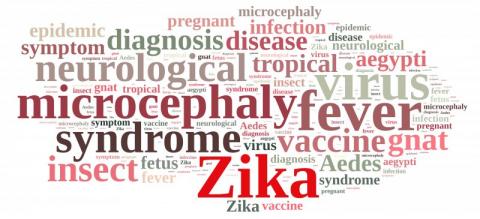PHA Zika advice for male travellers

The Public Health Agency (PHA) is reminding male travellers to and from Zika-affected areas to use condoms or barrier methods for sexual activity for six months after being in an affected area.
Dr Lorraine Doherty, Assistant Director of Public Health (Health Protection) at the PHA, said: “At this time of year we see an increase in the numbers of people travelling all over the world to visit friends and family, and while sexual transmission of the Zika virus is not common, as a precaution male travellers, regardless of having symptoms or not, should use condoms and other barrier methods during sex for six months after leaving an affected area.”
The existing advice to everyone travelling to Zika-affected areas remains in place too.
Dr Doherty continued: “The Zika virus is an infection transmitted by Aedes mosquitos, which are not native to Northern Ireland, so the risk to the population here is small. However, if you’re travelling to areas where Zika is present, seek advice from your GP.
“Zika infection is normally a mild, self-limiting illness but if you’re pregnant, do not travel to Zika-affected areas. A link between exposure to the Zika virus during pregnancy and microcephaly, a birth defect where a baby's head is smaller than expected when compared with babies of the same sex and age, and other congenital malformations, has been identified and is continuing to be investigated.
“If a woman is not pregnant but is travelling or has travelled to a Zika-infected area, the advice is to avoid becoming pregnant while in the area and for eight weeks after leaving it, regardless of having symptoms or not.”
The Zika virus is an infection transmitted by Aedes mosquitos. The infection often occurs without symptoms, but it can cause a mild illness which can include fever, headache, rash, joint and muscle pain, and conjunctivitis.
For all the info you need on travelling and the Zika virus, visit www.pha.site/travel and www.travelhealthpro.org.uk
